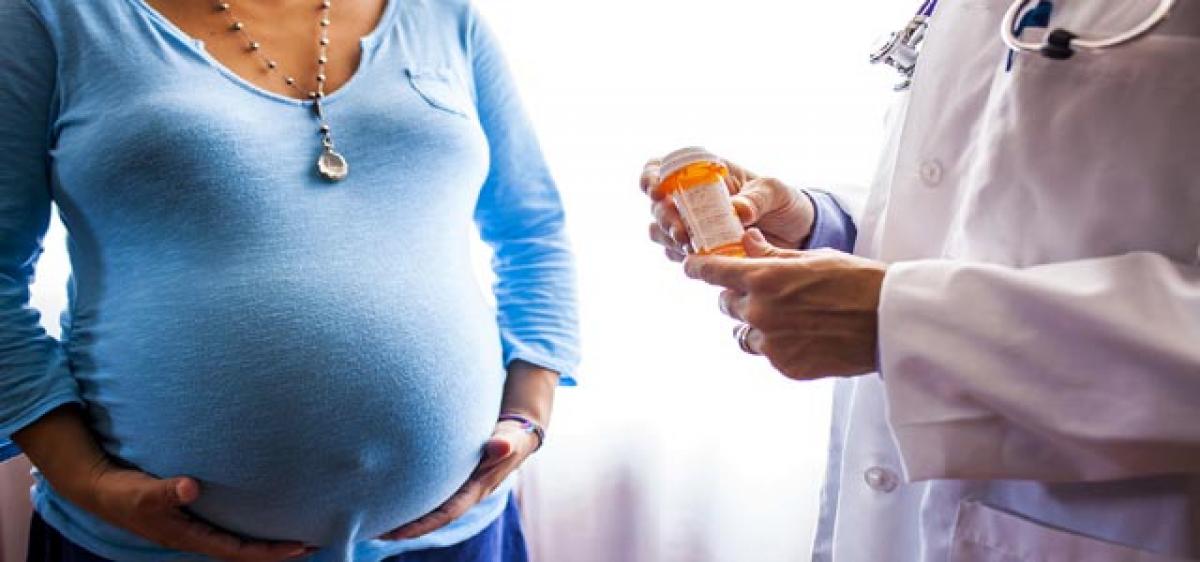Study casts doubt on autism, anti-depressant link

An increased risk of autism among children of women who took antidepressants during pregnancy may actually be the result of maternal mental illnesses, according to new research.
An increased risk of autism among children of women who took antidepressants during pregnancy may actually be the result of maternal mental illnesses, according to new research. Up to 15 per cent of women have depression during pregnancy and antidepressants are a popular treatment choice for those with depression, Xinhua news agency reported.
However, there has been a long-standing debate about whether expectant mothers with depression should take antidepressants. In a paper published by the US journal JAMA Pediatrics, Antonia Mezzacappa of the Bicetre University in France and colleagues reviewed and analysed 10 studies that have explored associations between fetal exposure to antidepressants and autism spectrum disorders (ASDs).
"Based on our meta-analyses, there is a significant association between ASDs and prenatal maternal use of antidepressants. However, it appears to be more consistent during pre-pregnancy than each trimester," the study noted. The study also found that the association was weaker when past maternal illness of the mother was controlled for.
As a result, the study said the public health implications of the possible risk for ASDs as a result of antidepressant exposure during pregnancy are "difficult to assert or to refute, especially as we also observed an association with preconception exposure." "The increased risk for ASDs in children exposed in utero could well be related to maternal depression or other psychiatric disorders rather than to antidepressant medications per se," it concluded.
Irene Petersen, a researcher at the University College London, who was not involved in the study, said it's tricky to study the exposure on antidepressants in pregnancy and the risk of ASDs, as the effects of drug treatment are often difficult to be separated from other risk factors such as maternal illnesses.
"The findings from this review suggest that antidepressant treatment may be a 'marker' of women who may have an elevated risk of giving birth to a child with ASD," Petersen said. "However, I would be very cautious about reaching a conclusion that antidepressants treatment in pregnancy itself is causing autism. With the existing evidence, we still cannot exclude the possibility that it is maternal illnesses linked to ASD -- and not the antidepressants," he added.








